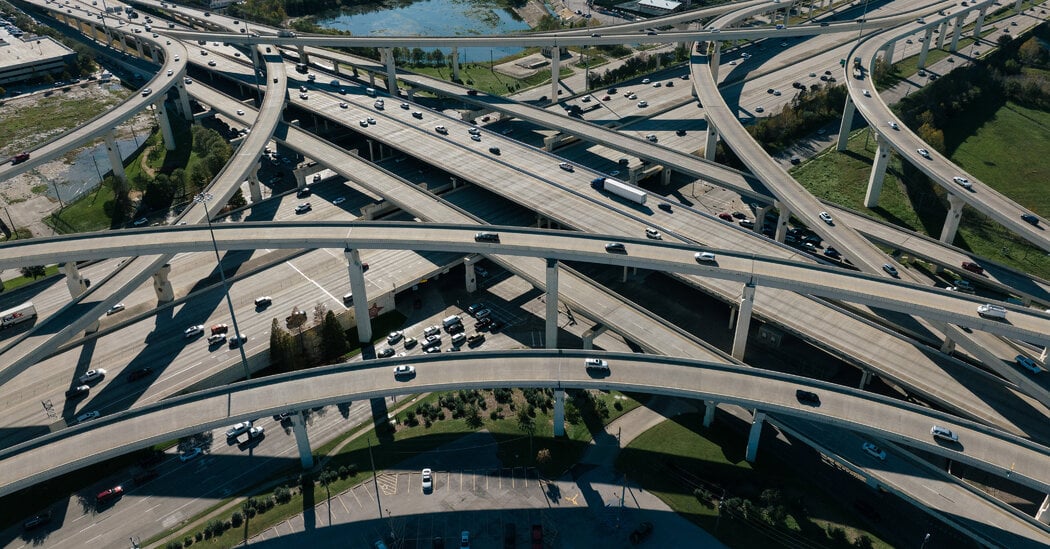- cross-posted to:
- fuckcars@lemmy.world
- cross-posted to:
- fuckcars@lemmy.world
For critics of widening projects, the prime example of induced demand is the Katy Freeway in Houston, one of the widest highways in the world with 26 lanes.
Immediately after Katy’s last expansion, in 2008, the project was hailed as a success. But within five years, peak hour travel times on the freeway were longer than before the expansion.
Matt Turner, an economics professor at Brown University and co-author of the 2009 study on congestion, said adding lanes is a fine solution if the goal is to get more cars on the road. But most highway expansion projects, including those in progress in Texas, cite reducing traffic as a primary goal.
“If you keep adding lanes because you want to reduce traffic congestion, you have to be really determined not to learn from history,” Dr. Turner said.



Eventually there’s gotta be diminishing returns too given that every lane makes it a little harder to drive on. Can’t imagine the idiots swerving over 13 lanes of traffic because they didn’t realize they had to get off until the last minute